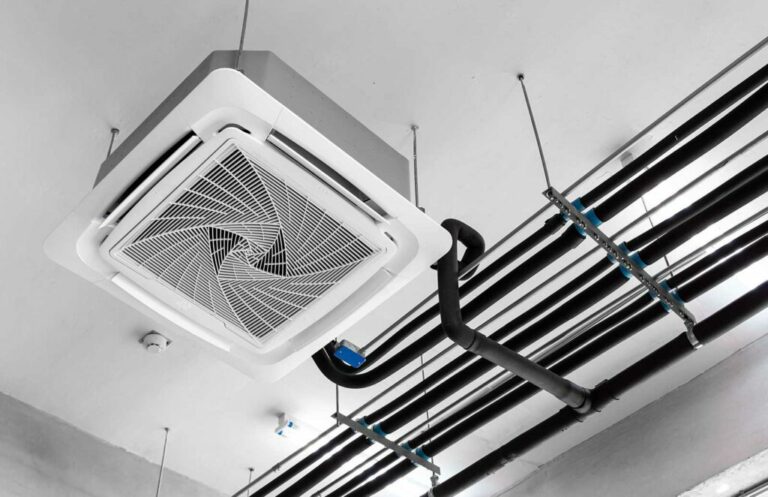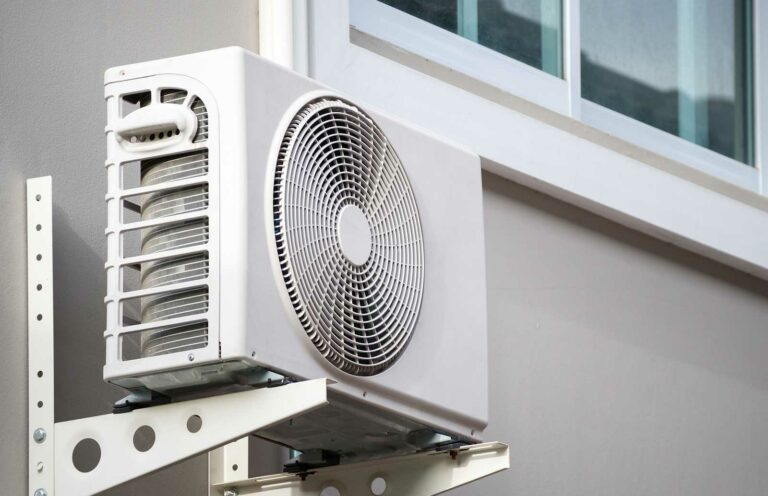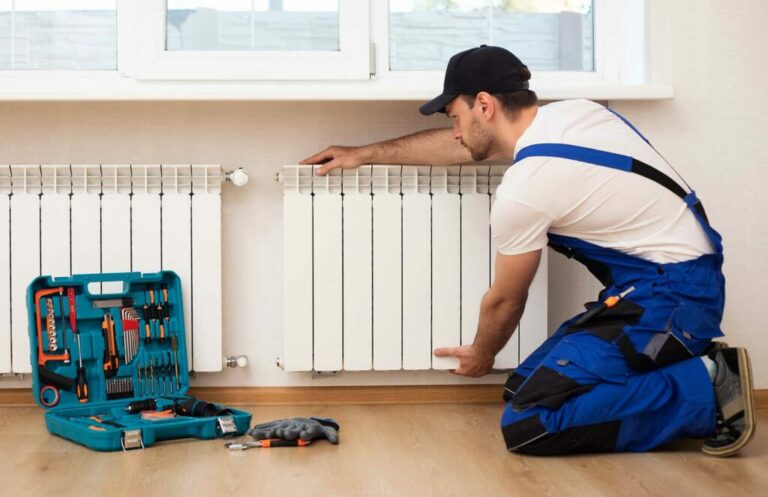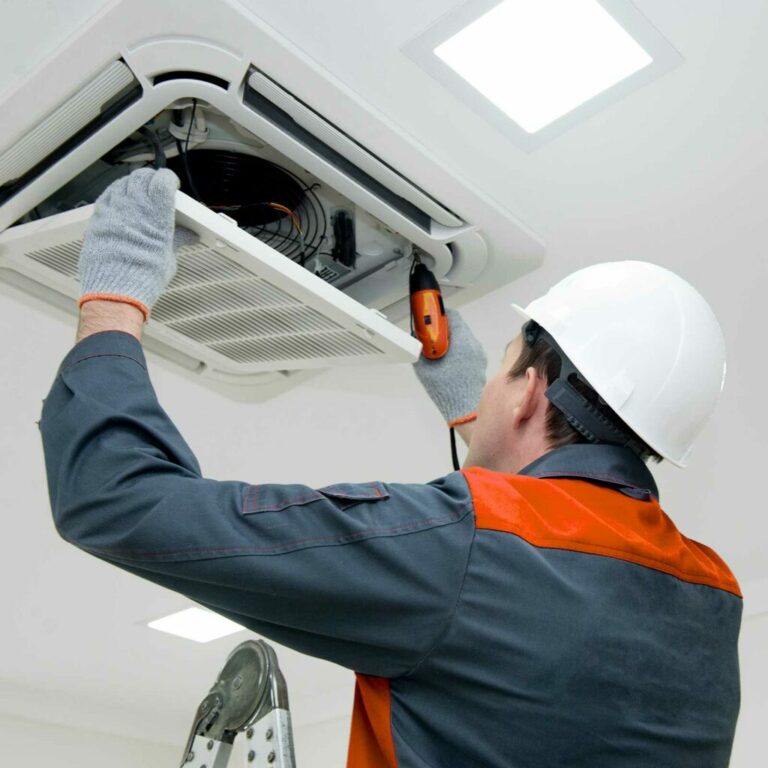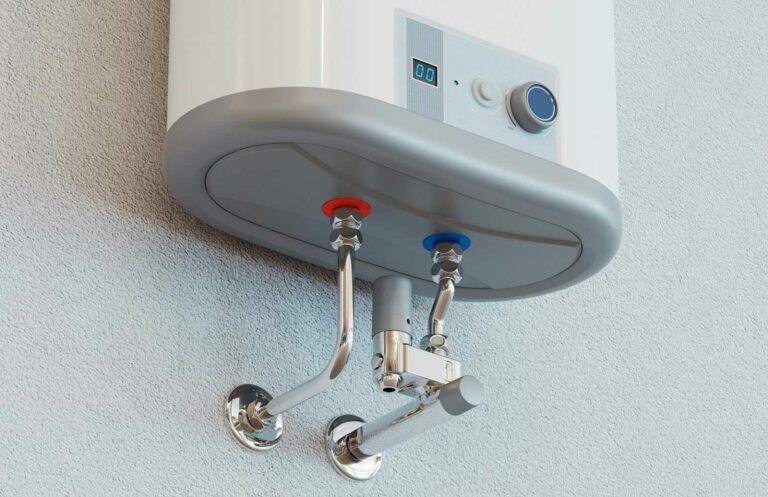
Understanding the lifespan of your HVAC system is crucial for planning maintenance, budgeting for replacements, and ensuring continuous comfort in your home or business. Let’s explore the average life of an HVAC system and the factors that can influence its longevity.
Typical Lifespan of HVAC Components
Different components of an HVAC system have varying lifespans. Here’s a general idea of how long you can expect each part to last:
- Furnace: 15 to 20 years
- Air Conditioner: 10 to 15 years
- Heat Pump: 10 to 15 years
- Thermostat: Around 10 years for digital models
Factors Influencing HVAC Lifespan
Several factors can influence the lifespan of your HVAC system. Understanding these can help you take steps to maximize its longevity:
- Maintenance: Regular maintenance is the most significant factor affecting the lifespan of an HVAC system. Systems that are serviced annually tend to last longer and perform better.
- Usage: The more frequently an HVAC system is used, the shorter its lifespan. Systems in climates with extreme temperatures tend to wear out faster.
- Quality of Installation: Proper installation is crucial for the efficiency and longevity of an HVAC system. Poor installation can lead to early failures and inefficiencies.
- Quality of Components: Higher quality systems and components usually last longer. Investing in a reputable brand like Daikin can ensure better durability and performance.
- Environmental Factors: Outdoor units exposed to harsh weather conditions can wear out faster. Protective measures, like covers and strategic placement, can help extend their life.
Signs Your HVAC System Needs Replacement
Even with regular maintenance, Boise HVAC systems eventually need replacement. Here are some signs that it might be time to consider a new system:
- Increased Energy Bills: Rising energy bills despite consistent usage indicate efficiency loss.
- Frequent Repairs: Regular breakdowns and repairs suggest the system is nearing its end.
- Inconsistent Temperatures: Difficulty maintaining a consistent temperature can signal a failing system.
- Strange Noises: Unusual noises like grinding or squealing can indicate severe mechanical issues.
- Poor Air Quality: Increased dust, humidity problems, or mold growth can result from an aging HVAC system.
Extending the Life of Your HVAC System
To get the most out of your HVAC system and ensure it lasts as long as possible, follow these best practices:
- Regular Maintenance: Schedule professional maintenance at least once a year to keep your system in top shape.
- Change Filters Regularly: Replace air filters every 1-3 months to maintain airflow and efficiency.
- Keep Components Clean: Ensure evaporator and condenser coils are clean to prevent strain on the system.
- Protect Outdoor Units: Use covers and place outdoor units in sheltered locations to protect them from harsh weather.
Conclusion
The average lifespan of an HVAC system varies depending on the type of system and various influencing factors. Regular maintenance, proper usage, and high-quality components can help extend the life of your system. Recognizing the signs of an aging system can prompt timely replacements, ensuring continuous comfort and efficiency.
Whether you need expert advice or the best Boise HVAC services, contact Innovative Mechanical Solutions today! Let us help you maintain and optimize your HVAC system for maximum longevity and performance.

